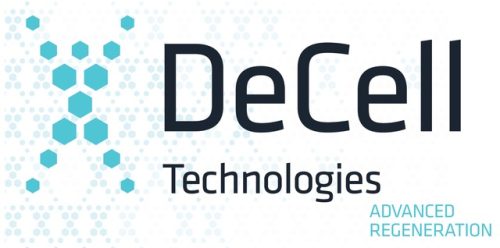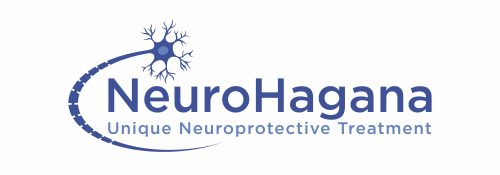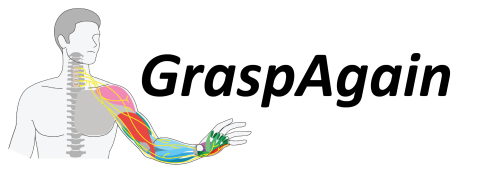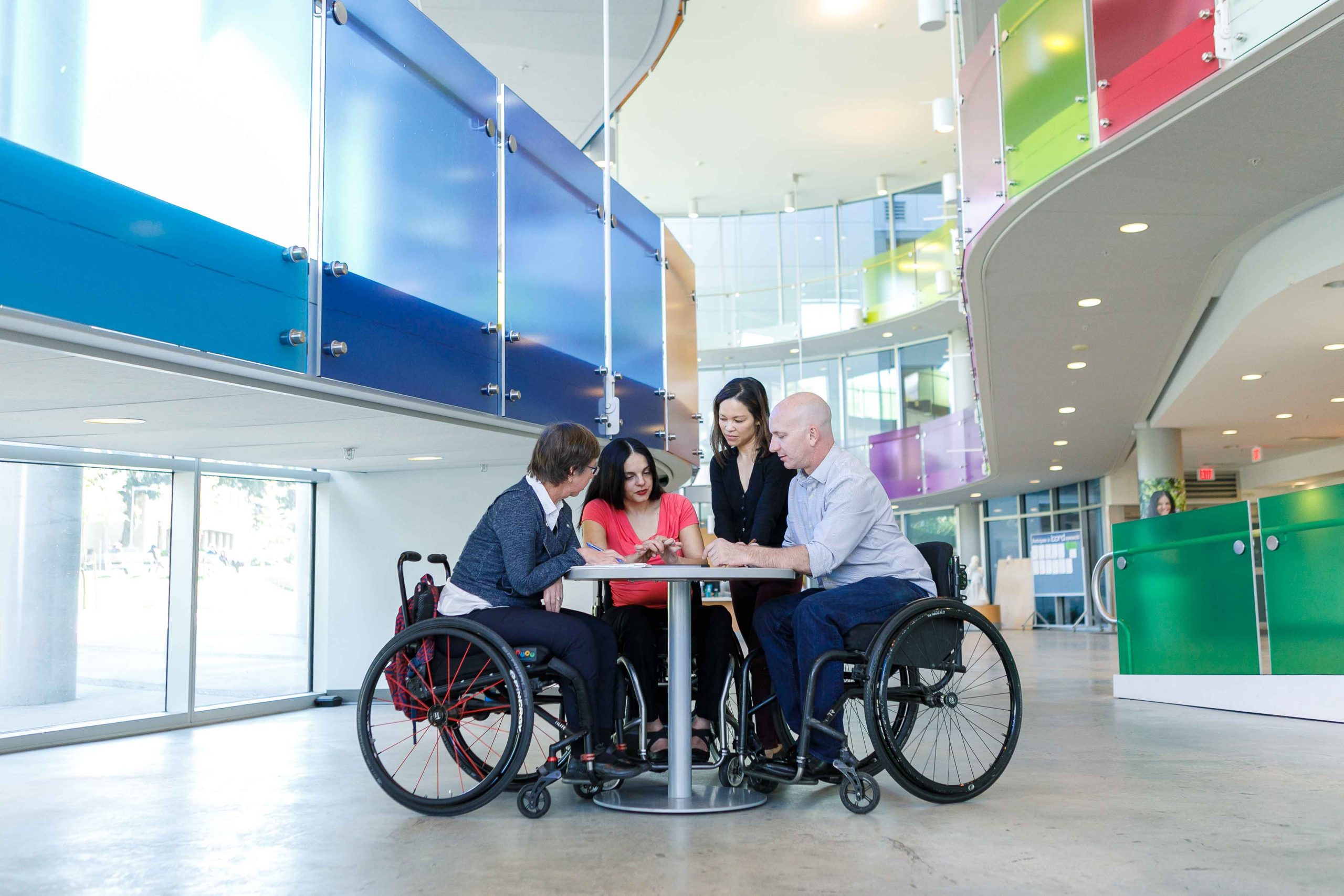Praxis SCI Incubate Cohort 2025
Praxis Spinal Cord Institute is excited to announce the cohort of Praxis SCI Incubate, a four-month program geared towards prototype stage projects with an innovation to transform the lives of people living with SCI. The program provides targeted persons with lived experience (PLEX) and research validation and mentorship, as well as access to our commercialization network.
We’re thrilled to welcome DeCell Technologies, GraspAgain, NeuroHagana (translating to “NeuroDefense”) and Tarkka to the program. These innovative startups are dedicated to enhancing care and cure treatments for people with spinal cord injury (SCI), improving quality of life. Throughout the program, they will receive mentorship and networking opportunities to support their growth.





